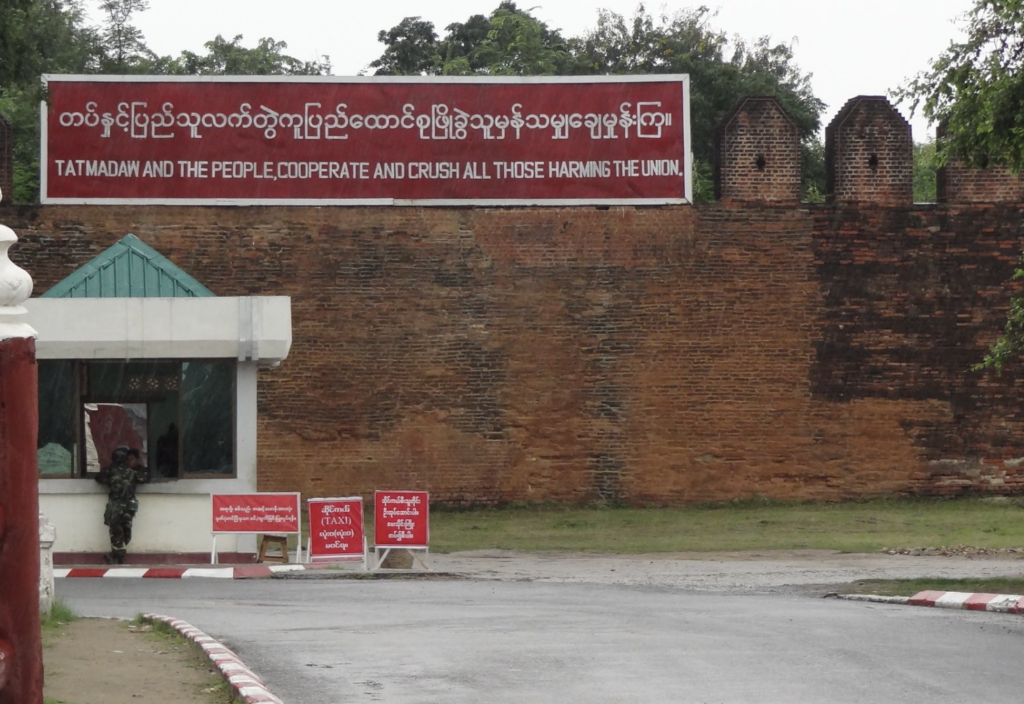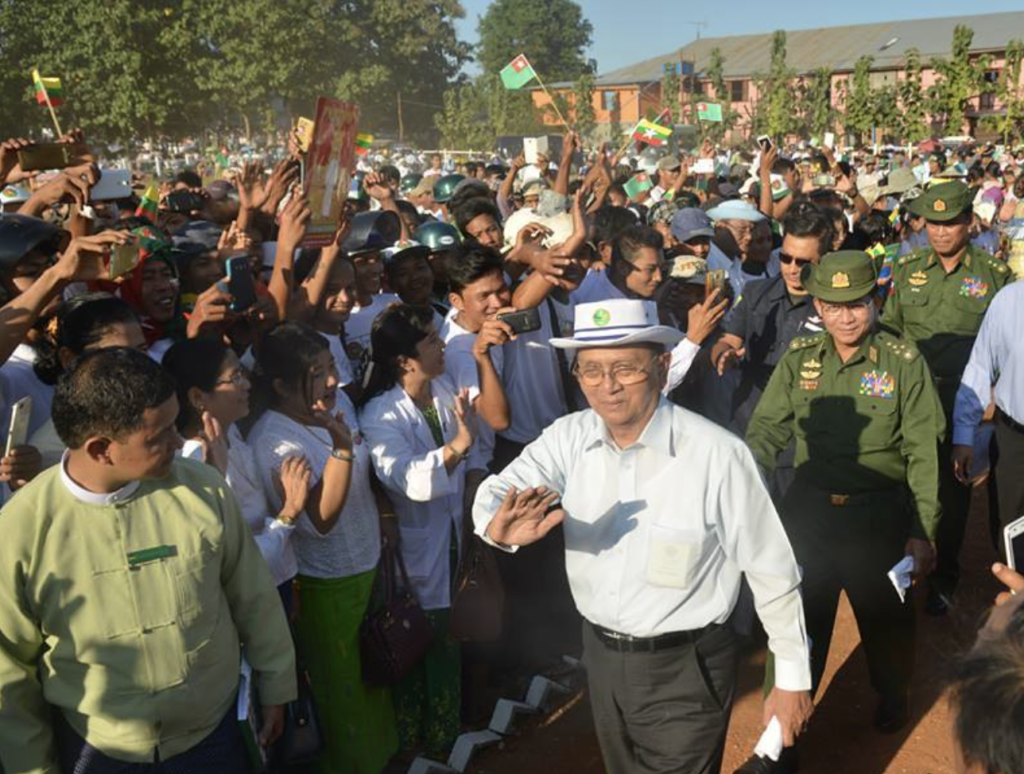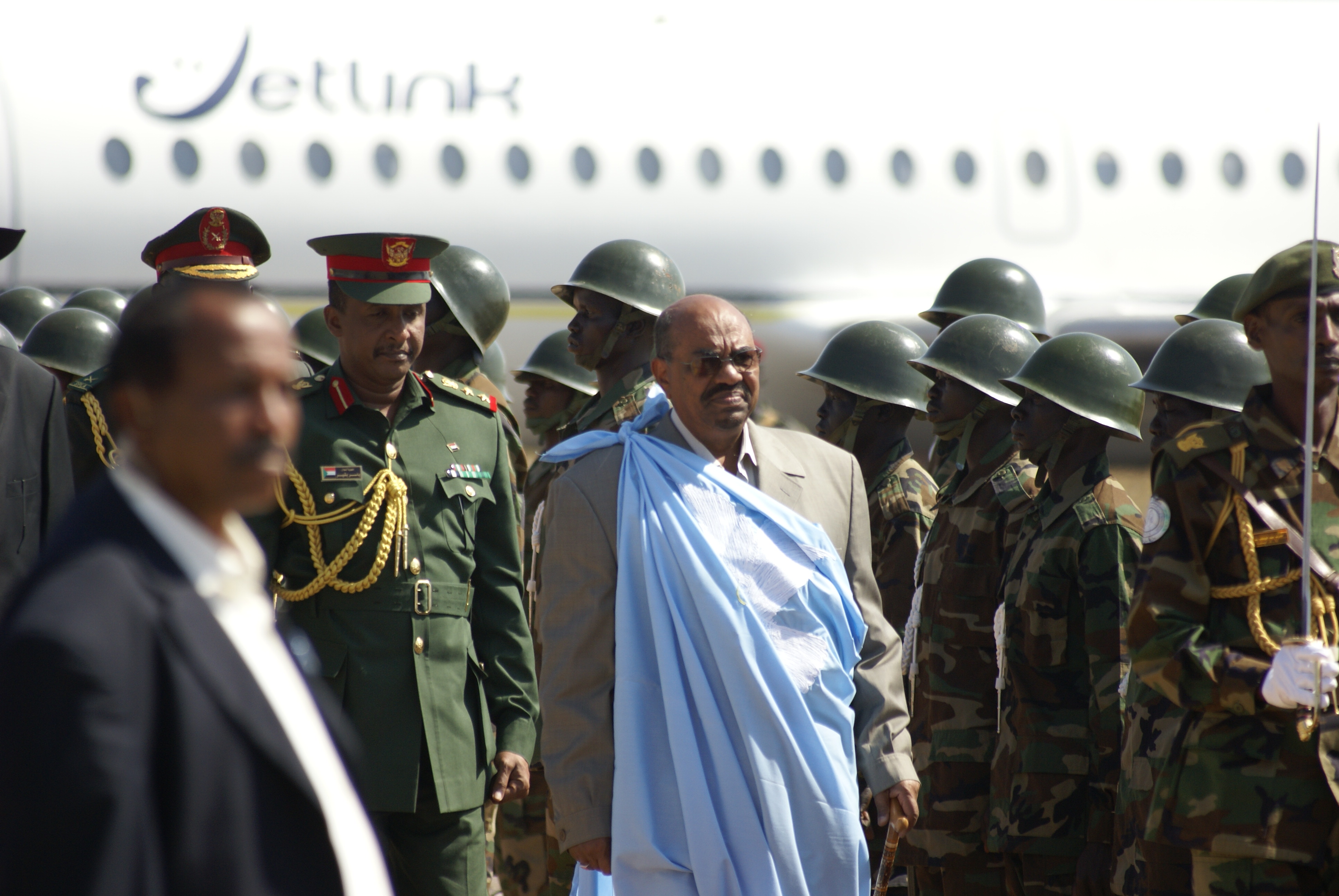
When news of political turmoil comes out of the Middle East, there are a variety of states that you would expect to be involved, but one that you would not expect is the quiet kingdom of Jordan. For a number of decades now the Hashemite Kingdom of Jordan has stood as a reliable, stabilising force within a region that too often descends into crisis and chaos. However in April, King Abdullah II announced that a number of individuals, including former Crown Prince Hamzah had been arrested on suspicion of plotting a coup against the Crown and government. Intercepts of phone conversations appeared to show Hamzah’s staff seeking pledges of allegiance from various tribal leaders and military officers. This was the first time in Abdullah’s twenty-two year reign that there had been a serious threat to his rule. The former Crown Prince was imprisoned in the Royal Family’s compound, before it was announced that Hamzah had re-pledged his loyalty to the king . So, what does this mean for Jordan’s future? This new opposition has exposed significant faults within the country’s governance, with its population experiencing a third wave of the COVID-19 Pandemic and the economy in serious peril. There have also been rumours that foreign governments, including Jordan’s allies, were involved in the failed conspiracy. So, can the Royal Family maintain its position over the country and international backing or are there further crises to come?
It is important to understand the key position that Jordan holds within the Middle East policy of the US and its western allies. The US maintains a military presence in the country at Muwaffaq Salti Air Base, which has been used extensively in the bombing campaigns against the former so-called Islamic State. The Jordanian Crown also holds the position of the custodian of the Muslim and Christian Holy Sites of Jerusalem and so along with its accommodation of large numbers of refugees, plays an important role in the Israeli-Palestine conflict. Moreover, the country , as of 2019, hosts the third highest population of Syrian refugees. Historically, the support offered to Jordan by the US and the West has invested in the personage of the Royal Family, who have since the independence of Transjordan in 1946 effectuated a pro-western foreign policy. During the attempted coup, US support for Jordan was reaffirmed in a telephone call between President Biden and the King. But it is worth noting that this support was given once the coup was over, not in the midst of the crisis. US support for the Jordanian Crown is not infinite and is based on the monarchy’s continual ability to provide stable leadership over the kingdom, capable of adaptation and reform.
One of the great strengths of the Jordanian regime has been its ability to adapt to demands for liberalisation. It is why the monarchy came out of the Arab Spring of 2011 largely unscathed. The use of a parliamentary model, albeit with a powerful monarchical head of state, has allowed Jordan to liberalise where necessary, without descending into the civil wars or counter-revolutions that other parts of the region have experienced. To this end, Jordan has been a good choice for a US ally, as it allows them to promote a reformist agenda, that could spread to the rest of the region. But despite this obvious strength, years of regional turmoil have taken their toll on the Jordanian people and Crown. Since before independence was granted, the supremacy of the Hashemite family had been based on two aspects: the support of foreign powers and the consent and fealty of tribal factions within the country. As long as the country and its parliamentary system prospers, the monarchy can be confident of this support. But recent years have exposed underlining flaws in the Jordanian economy and political system. It’s worth noting that the leader of the failed coup, the former Crown Prince Hamzah, has been a vocal critic of government policy, particularly over the issues of corruption and social policy. Jordan is not a resource rich country and often relies on foreign tourism and investment to sustain its economy, but the huge cost of supporting its refugee population and the current pandemic have taken their toll. In 2013 alone, the housing and supporting its refugee population cost the Jordanian government more than 620 million dollars. All this has robbed the country of vital revenues from tourism and as of this time last year, unemployment stood at a staggering 23%. Even before the pandemic took hold, Jordanian unemployment was still very high. The bleak economic picture has also led to a significant increase in negative attitudes within Jordan towards the refugee population. The combination of the refugee crisis, an already weak economy and the current pandemic has resulted in a situation in which at least 1 million Jordanians live below the poverty line, out of a population of 10 million. But this domestic fragility has been further exacerbated with the failed coup and increased tensions in recent years with Israel over small areas of disputed territory, thus presenting a risk that the monarchy’s international position may become as precarious as its domestic one.
It is easy to offer to support to someone who has just claimed a victory. The Biden Administration can offer such friendship to the Hashemite Monarchy as it will cost them little in political capital at present. But what of those crises to come? King Abdullah may have been able to keep his government and family together through sheer will on this occasion, but that there is no guarantee this will continue. For years now, Jordan has been a convenient ally for the West, as governments may use its military bases and provide it with assistance, without most of the moral questions that come attached with other Middle Eastern states. While the rumours of foreign backing of the coup may prove to be false, if true they would suggest that the strong diplomatic position that Jordan has enjoyed within the region may not be as strong as it once was. The Hashemite Monarchy, for better or worse plays an important role in the Middle East, as a fairly neutral neighbour of Israel and with a relative independence that allows it to mediate in regional disputes. But as the country declines further, this role could be over and uncertainty about the future could become even greater.




